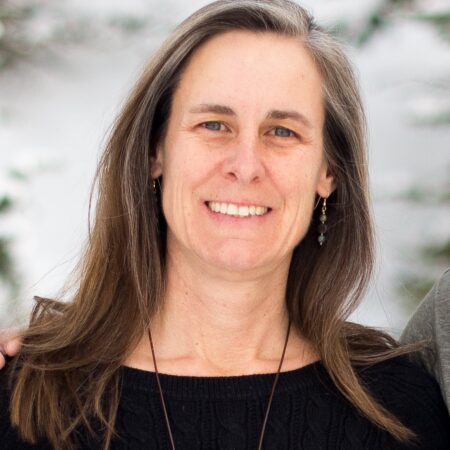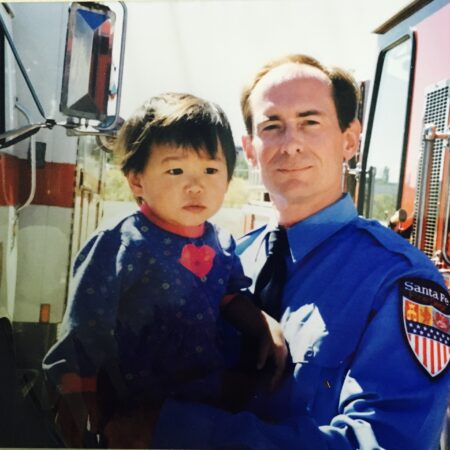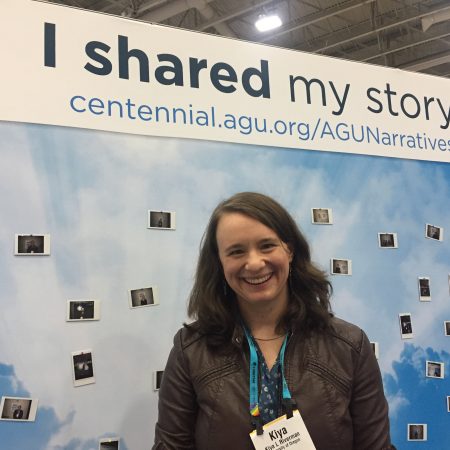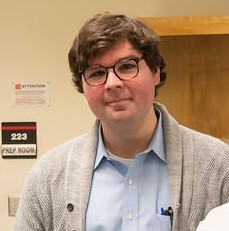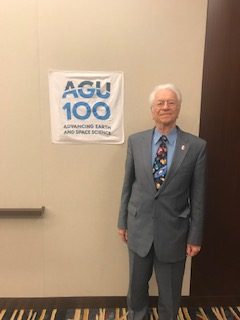Refine
Date Range Clear
Recorded by Clear
Keywords Clear
- Careers in STEM 45
- Career Paths 45
- STEM careers 45
- Field work 18
- career advice 25
- NASA 22
- Women in Science 15
- #AGU 12
- 325 more
Partnerships Clear
Organizations Clear
Places Clear
Languages Clear
Initiatives Clear
When it comes to data archiving, Michele Thornton has you covered. As a Geospatial Data Professional for ORNL-DAAC, Michele ensures that NASA funded research is accessible not only to researchers out in the field but to a larger user community...
Cora Cliburn (26) talks with her dad, Greg Cliburn (65), about his experiences as a paramedic, EMT, firefighter and executive fire officer.
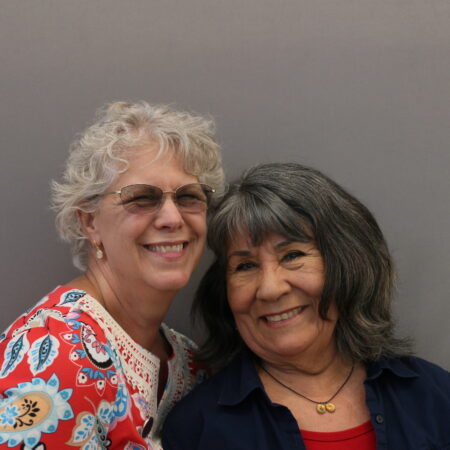
Harriet Weber [no age given] interviews her friend, Maria de la Luz Gonzales Estrada Oppen Dockins Craig Oppen [no age given] about her upbringing, family, and childhood journey from Mexico to Quincy, Washington.
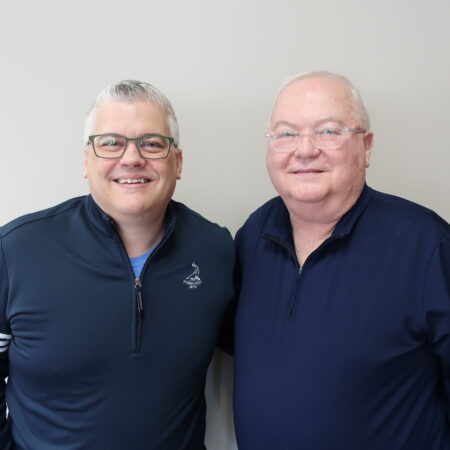
Christopher Nines (51) interviews his father, Larry Nines (74), about growing up, career paths, life lessons, and spirituality.
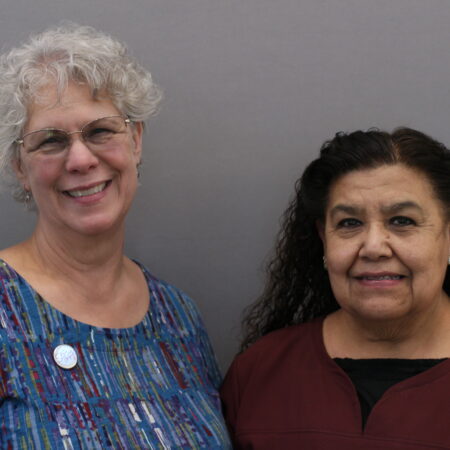
Harriet Weber (65) interviews her friend Lily Medrano [no age given] about her upbringing, life between Mercedes, Texas and Quincy, Washington, and journey to becoming a medical assistant.
Kiya Riverman ended up studying glaciers because, on a field work trip, she was one of the few who could fit the ice cave in the glacier. She recalls, “you're surrounded by glaciers and then sometimes you're underneath glaciers. And...
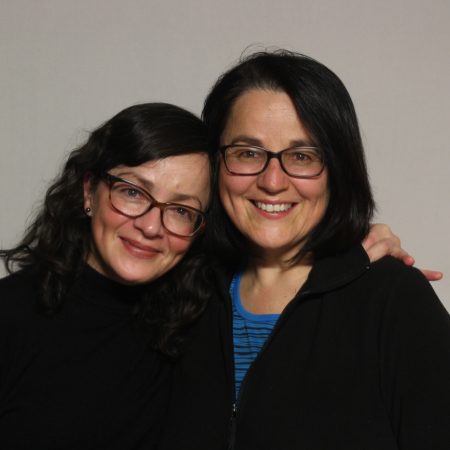
Leticia Quezada (54) is interviewed by her sister Maribel Quezada (47) about her journey becoming a first-generation engineering student, working in a male dominated field, and her role supporting initiatives to increase the number of women in STEM careers.
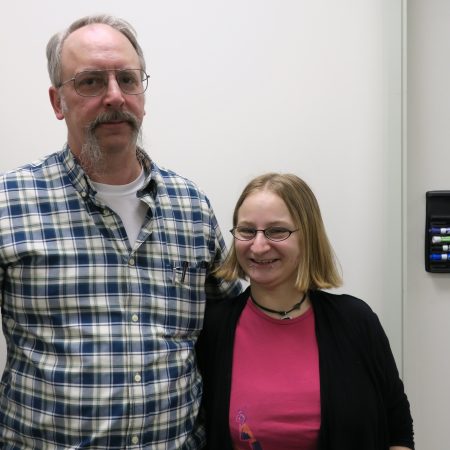
Martin Miller (no age given) interviews his mentee and friend Taylor Gofstein (24) about the Women in Science Leadership Workshop, cultural sensitivity in Alaska, field work, and mentorship.
Rafael Loureiro may confess to being an introvert, but he has no fear of people. He started off talking about AGU’s Voices of Science bootcamp, which he is participating in this year to develop his spokesperson skills. That segued into...
Tom Krimigis works at the Johns Hopkins University Applied Physics Lab, and was previously the principal investigator for the Voyager I and Voyager II missions. A student of Van Allen, Tom built detectors to search for Van Allen belts on...
